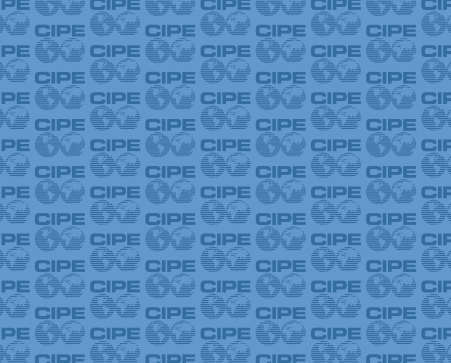
We live in a connected world: social media platforms that did not exist a decade ago now boast hundreds of millions of users and mobile phones are commonplace in even the poorest and most remote regions. Are these technologies, which have reshaped daily life for millions, a catalyst for democratic reform, or part of a new digital panopticon through which governments can spy on and control their citizens?
In 2007, when Larry Diamond coined the term “liberation technology,” these questions were largely academic – and were discussed at length in a collection of articles in the Journal of Democracy, recently updated and re-released in a book of the same name. But when democratic revolutions swept the Arab world four years later, spurred on by Facebook and watched around the world in real time on Twitter and YouTube, it seemed that the Internet had finally emerged as a force for positive political change in even the most repressive regimes.
At the same time, authoritarian governments are learning how to fight back, with some of the same tools. In many countries, the Internet has itself become an electronic battleground where repressive regimes are employing increasingly sophisticated strategies for repression and manipulation.
According to Freedom House’s Freedom on the Net report, released on September 24, Internet freedom is under siege around the world. In reaction to the events of the Arab Spring, many repressive regimes – especially in the Middle East – have tightened restrictions on online speech, blocked websites, spread misinformation, and targeted individual activists and bloggers for intimidation, arrest, or attack.
Perhaps the best example of the evolving battle between online activists and repressive governments is China, where the world’s most extensive system of Internet monitoring and control – the so-called “Great Firewall” and its legions of censors – clashes with armies of microbloggers and activists, who relentlessly mock government propaganda and expose official corruption.
More and more countries have begun taking active steps to restrict Internet freedom, and they are using increasingly sophisticated techniques to do so. Physical attacks on online journalists and those who post critical content have increased around the world, aided by technologies that make it easier to pierce the veil of online anonymity and identify individual Internet users.
“Authoritarian regimes are expanding their toolbox to use tools previously used against offline journalists,” such as beatings, imprisonment, and torture, said report author Sanja Kelly.
In Syria, according to activist Mohammad Al-Abdullah, government forces even have the capability to target specific satellite Internet users with artillery strikes. “The government is no longer worried about suppressing content,” he said. “They just find the people and kill them.”
Regimes have also adopted more insidious techniques, in some cases using online activists’ own tactics against them. Rather than try to block critical websites outright, many regimes are paying armies of “trolls” to spread misinformation or to discredit individuals who post content the government deems undesirable. In China they are known as the “50 Cent Party” – what they are reportedly paid per post. These techniques have now spread to more than half of countries included in the report, including countries like Bahrain that worry about an Arab Spring-style uprising.
Internet technologies have indeed proved themselves a potent force for democratic reform, but these “liberation technologies,” when placed in the wrong hands, can also become technologies of repression.
“The Internet remains a fundamentally unsafe place if you are a dissident in a certain type of country,” said Bob Boorstin, director of public policy at Google, which helps sponsor the Freedom on the Net report.
However, despite new efforts to control it, the Internet remains an indispensible for democratic reformers. “If you are a political activist, you are an online activist,” said Al-Abdullah.
And online activists are increasingly pushing back against Internet restrictions – through the courts, advocacy campaigns, and, in some cases, on the streets (the biggest gains in Internet freedom last year were seen in Arab Spring countries like Libya and Tunisia). Half of the 47 countries included in the report saw at least one major victory for Internet freedom last year, ranging from court decisions striking down restrictive laws to bloggers being released from prison.
Ultimately, repressive regimes may find that their Internet restrictions are also restricting economic growth. In addition to being a forum for debate and a tool for political organizing, the Internet and mobile telephone networks are established as indispensible pieces of economic infrastructure.
“If a country thinks it can develop better by restricting transparency, that is a recipe for corruption and a recipe for stagnation,” said Estonian President Toomas Ilves, whose country topped the Internet freedom list in 2012. “Stomaching criticism is part of life in a democracy.”
Published Date: September 27, 2012